This paper explores the social implications of the postindustrial era and its effects in neoliberal economic models currently used in Western democracies. The changing nature of work (Landry, 2005), increases in global aging population, rapid environmental degradation and “the upcoming rise in consumer demand fueled by 1.7BN Chinese citizens that will be joining the middle class in the next decade” (Dobbs, 2015), underscore the urgent need to revise certain economic modeling assumptions in order to maintain the stability of democracies. The mathematical limitations imposed by technological innovation in the creation of wage based employment combined with a flawed framework of unlimited economic growth, point to an increased frequency in systemic risk and armed conflict as the future norm of the current socioeconomic system. Adapting institutional practices and economic frameworks to benefit from rapid change can help avoid further deterioration of established and emerging democracies and increase wealth creation in the short and long term. This paper will explore some of the existing challenges to creating a more efficient economic model adapted to support the digital economy, the construction of such a model, and outline the main institutional and monetary reforms that need to take place in order to enable this framework. … More The Antifragile Economic Model: Formalizing the Use of Complementary Currencies as a Method to Offset Systemic Risk
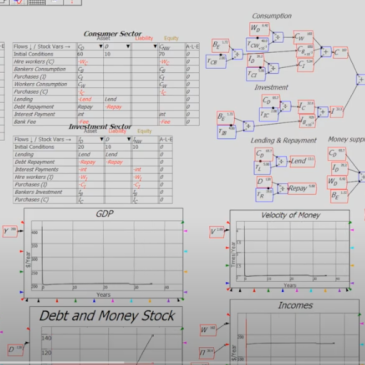

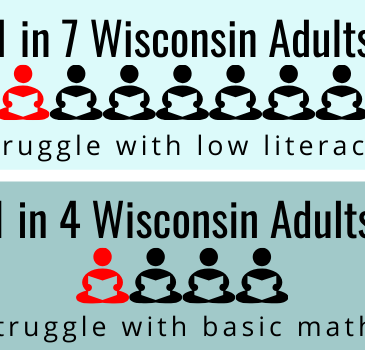

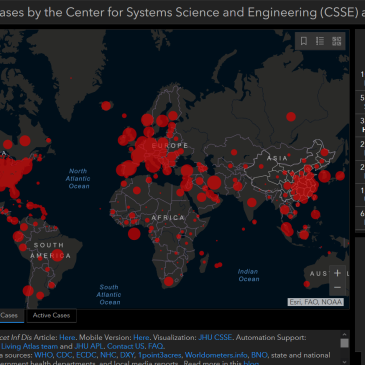





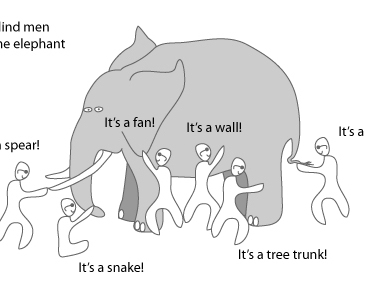

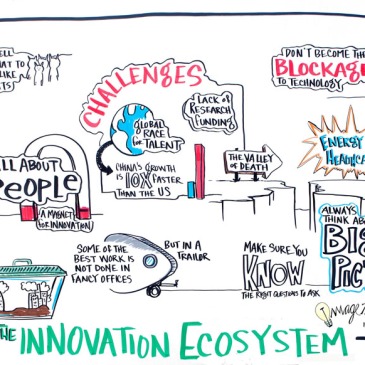
You must be logged in to post a comment.